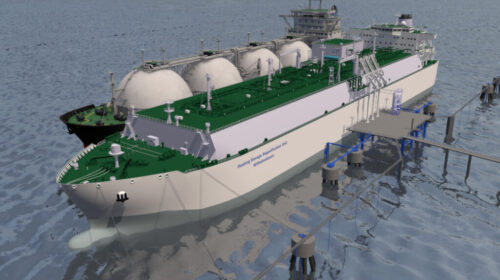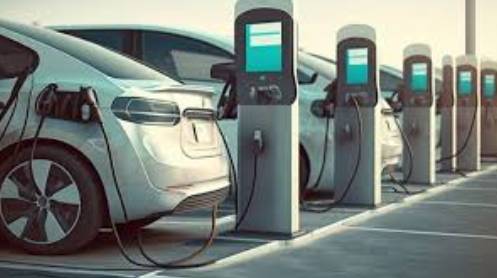Europe’s energy crisis has cooled efforts to lower the carbon intensity of liquefied natural gas (LNG) shipments, as buyers worried about a winter supply crunch prioritise securing shipments of any kind over burnishing their green credentials.
Natural gas can be certified as low- or no-carbon if its producers can prove they have reduced greenhouse gas emissions associated with getting it to market, or if they purchase carbon offsets to cut its net climate impact.
But the number of deals to ship carbon-neutral LNG around the world has dropped to less than 10 so far this year, from 30 in 2021, according to energy research firm Wood Mackenzie.
Demand for the greener fuel has dried up, according to Reuters’ interviews with nine LNG market analysts, industry officials and traders.
“Lower-carbon or carbon-neutral LNG cargoes have lost their appeal in the current high price environment,” said Felix Booth, Head of LNG at energy analytics firm Vortexa. “Energy security and affordability is front of mind for all buyers.”
The decline in international demand for the so-called “greener” gas is a potential setback in the fight against climate change because it removes a financial incentive for producers to reduce their climate impacts.
The market for such fuels had taken off a few years ago with a flurry of international deals that sparked industry optimism producers would be able to reliably cover their costs for cutting emissions or buying offsets – which can run into millions of dollars per shipload.





